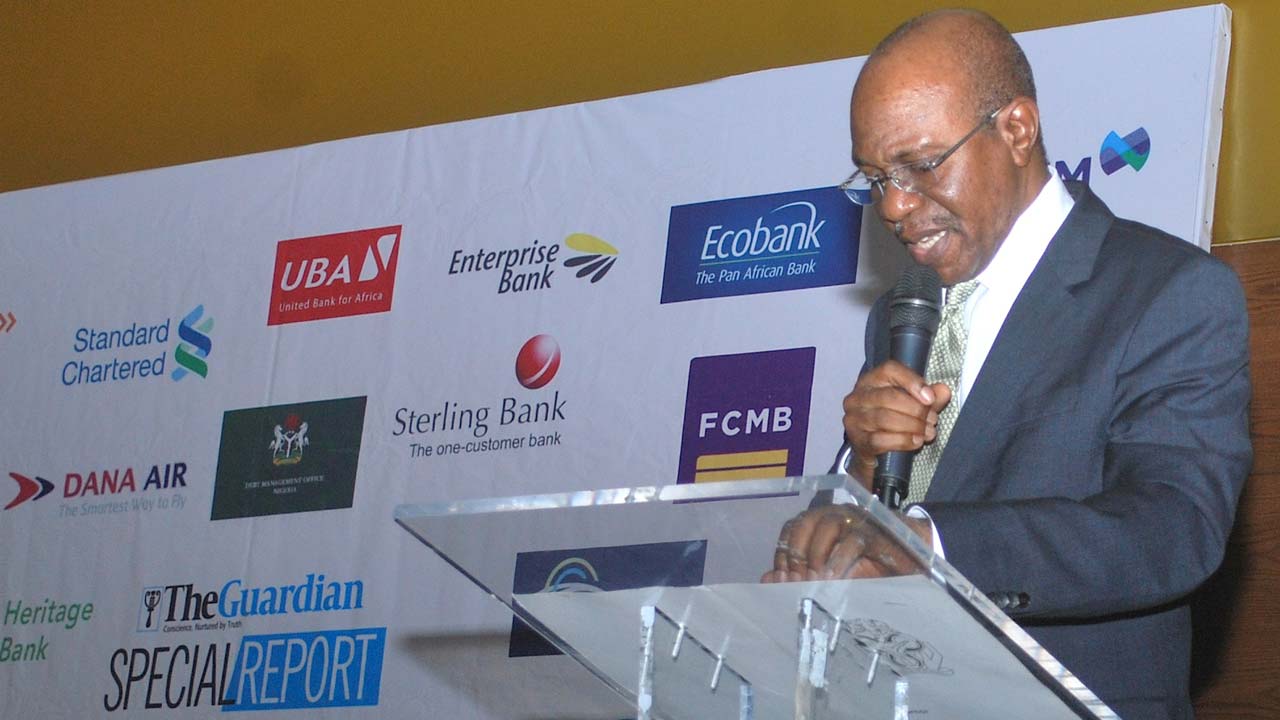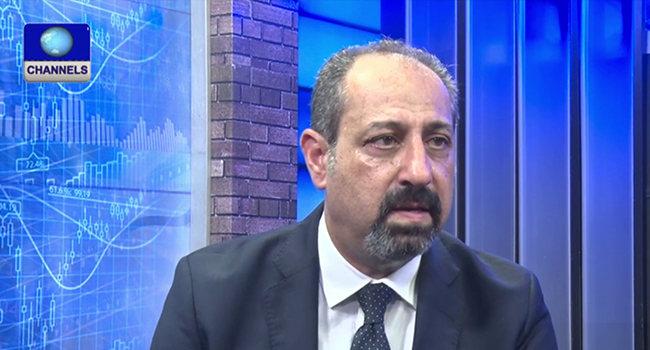At the end of its 266th meeting (second this year) Tuesday, the Central Bank of Nigeria’s (CBN) Monetary Policy Committee (MPC) voted to cut benchmark rate by 50 bps – first time is since September 2015.
However, financial pundits have described the decision as movement without motion, saying though the move was done to grow banks’ appetite to step up credits access to the private sector, the overcrowding of the credit regime by government will not allow banks to remember even the SMEs who are in desperate need of facilities.
Details of the decision of the MPC showed that whereas MPR came down from 14 to 13.5 per cent, asymmetric corridor around the MPR stayed at +200/-500bps; Cash Reserves Ratio (CRR) at 22.5%; and Liquidity Ratio (LR) at 30.0%.
The Committee considered developments in the global and domestic economy since its last meeting including (1) weaker global growth momentum, (2) Dovish global central banks, and (3) moderating U.S treasury yield.
On the domestic front, the Committee noted (1) sustained drop in headline inflation rate (February: 11.3% y/y), (2) still elevated crude oil prices and stable production, (3) FX stability amid strong external reserves, and (4) sustained GDP growth. Whilst the committee expressed its satisfaction with the inflationary downtrend, it emphasized that growth remain largely fragile.
The CBN Governor, Mr. Godwin Emefiele, who announced the decision of the committee at the end of a two-day meeting held at the apex bank’s headquarters in Abuja, explained that six out of the 11 members that attended the meeting agreed to reduce the current monetary policy stance.
However, in separate interviews with leading market analysts, Mr. Johnson Chukwu of Cowry Asset Management Limited and Mr. Ayodeji Ebo of Afrinvest Securities, both concurred that even though the move by the apex bank is to grow banks’ readiness to give out credits to the MSMEs, other indicators remaining constant may not help to achieve the target as the economy remains fragile.
Besides, they were quick to agree that the move will at least raise the confidence of international investors to flow in funds that can boost domestic activities even though the CBN made it clear that the MPR drop was temporary.









